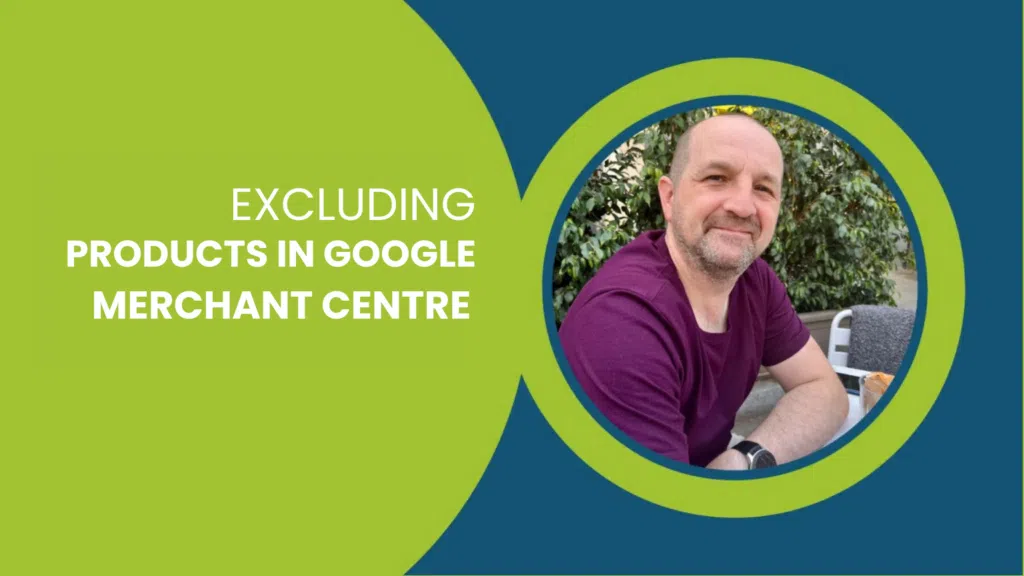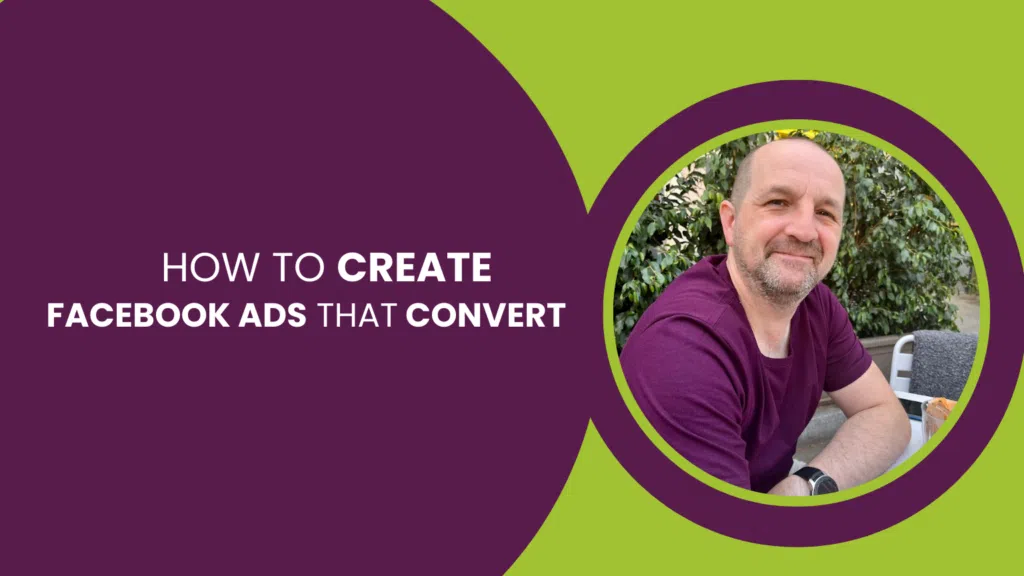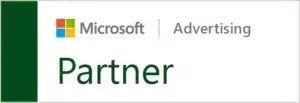A contentious question with no definitive answer has been argued over for many years online: should you bid on brand terms in PPC campaigns?
This will require you to do a bit of investigation and analysis. There’s no definitive right or wrong answer. It’s all dependent on the context of what you’re selling, your brand name recognition, and the companies you determine to be your competition.
If you’ve noticed competitors bidding on your branded terms, should you be worried and looking to counteract this with Google Ads?
Mark makes sense of it all in this T-Time With Tilllison video…
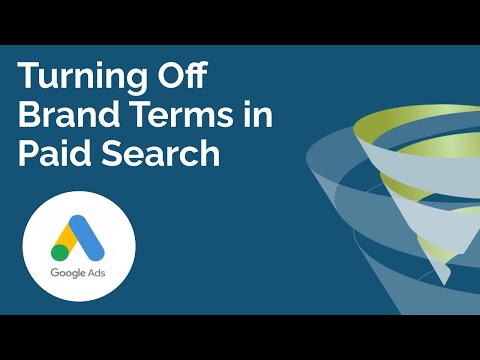
When And Why Should You Bid On Brand Terms?
The thought of losing $5M revenue in a month isn’t a pleasant one. However, that was the reality for one Twitter user when describing their experience with switching off brand terms.
(01:39) If you produce a non-exclusive product and decide not to bid on your branded terms, your competitors or any third party resellers could easily capitalise on your brand term and place themselves above you in the search engine results pages (SERPs).
This is a position that many companies find themselves in online. Running a pay per click (PPC) campaign and bidding on brand terms to appear within the ad pack for their own brand terms could really help to boost their business to the top of the results, especially if their competitors rely exclusively on an organic SERP ranking.
When Do You Not Need To Bid On Brand Terms?
A question we often hear is, “if I’m organically ranking number one for that term, why should I pay Google to send me that traffic?”, and it’s a very reasonable question too.
After turning off their own brand keywords, some businesses find that they receive roughly the same amount of traffic organically with an indiscernible difference. In this case, their marketing budget would be better invested elsewhere.
(02:31) When searching for “Marks & Spencer” on Google, we can see that there is no ad pack for that result and therefore faces little competition. In this instance, it wouldn’t make much financial sense for Marks & Spencer to bid on its brand terms, as it already organically ranks at the top of the SERPs.
Similarly, if Google isn’t showing any ads for your own brand terms, there’s a high probability that you won’t need to pay for them. However, even if Google isn’t showing any ads currently, be aware that they could appear at a later date, which you could miss if left unmonitored.
Is Your Brand Exclusive or Non-Exclusive?
(04:31) While it won’t be the case for every business, if you are an exclusive brand or offer a product that can’t be found anywhere else (direct-to-consumer), there is less reason for you to bid on brand terms.
Conversely, if Apple stopped PPC for its “iPhone” brand term, there’s a high probability that other third party resellers running PPC campaigns for the iPhone, such as Carphone Warehouse or mobile network providers, could grab a slice of Apple’s potential sales revenue by securing a position at the top of the SERPs.
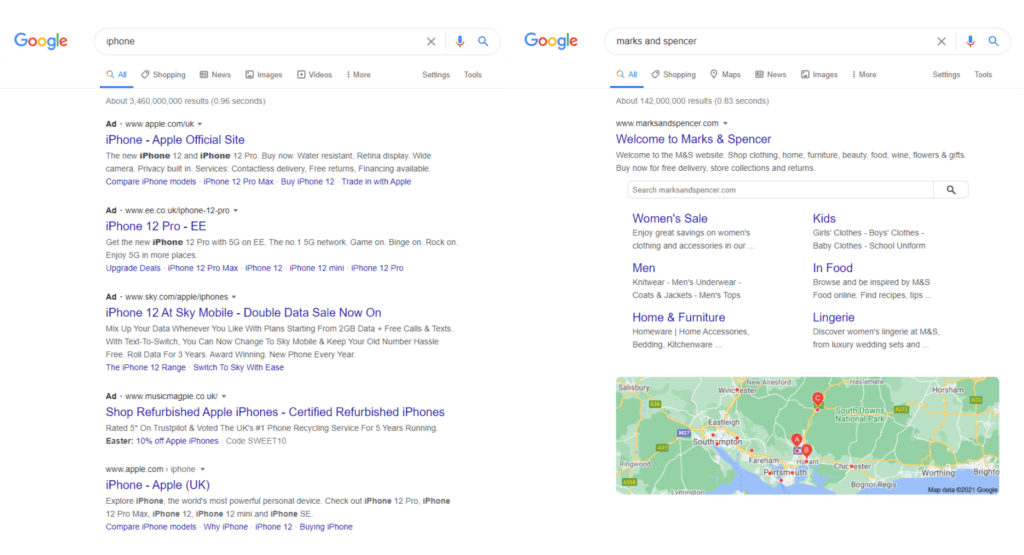
Problems with Brand Search Attribution Data
(06:12) To work out whether turning on or off brand terms has any noticeable effect on your sales, you need to take a look at your attribution data. Attribution is the process of tracking your buyer’s referral sources to a particular goal or conversion. Attribution data is valuable information that will allow you to make calculated adjustments to your PPC ads and optimise your website in order to increase sales.
Google Ads and Google Analytics are two different services providing two different sets of data. Google Ads conversion tracking ignores clicks that do not occur on your adverts and will not provide any data on organic search. Google Analytics typically attributes visits to the last non-direct click, which means that Google Ads (or any other source/medium) doesn’t always get the credit it might deserve.
To learn more about the various attribution models and how they can affect your decision-making data, check out our previous T-Time With Tillison post on Google Ads attribution.
Brand Terms Checklist
(12:12) So to summarise, here are a few questions you need to ask yourself before bidding on brand terms:
- How many ad slots appear on the SERPs for your brand terms (check desktop and mobile)?
- Are the ads for your competitors, or are there no ads at all?
- Are you offering your customers something which can’t be found anywhere else, or do you have competitors selling the exact same item?
- If you’re still not sure, contact Tillison for a PPC strategy consultation.


